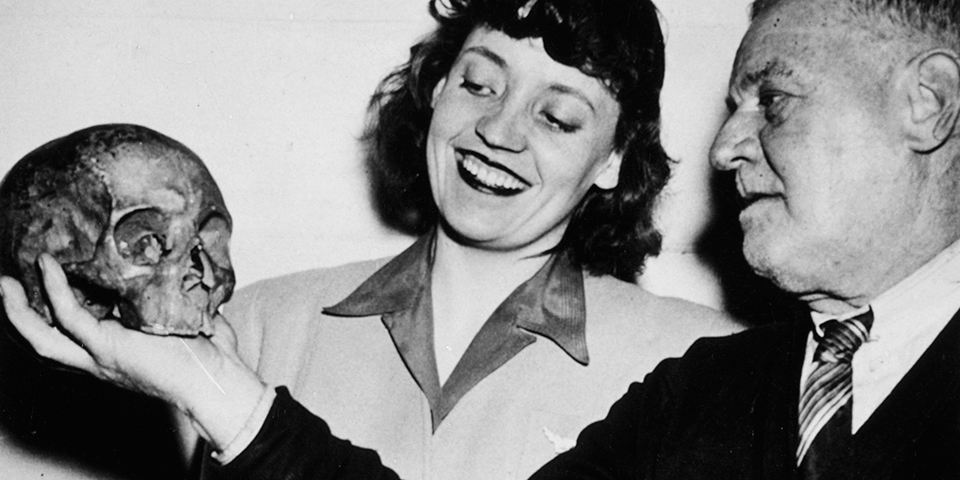In 2000, the Board of Trustees established the Pop Reed Society to recognize individuals who contribute to the life of the theatre by placing a provision for the Walnut in their long-term charitable planning. Named after a famously dedicated member of our staff during the 19th century, John “Pop” Reed (who upon his death requested that his skull be donated to the Walnut for use to represent the skull of Yorick in Hamlet), the Pop Reed Legacy Society was established to recognize individuals who contribute to the life of the theatre by placing a provision for the Walnut in their long-term charitable planning. Individuals in the society, while they haven’t all gone as far as donating their heads to the theatre, designate their contributions to protect the eternal flame at the heart of the Walnut.
By becoming a member of the Pop Reed Legacy Society, you ensure our level of theatrical excellence, preserve our National Historic Landmark building and that secure our ability to serve as an educational resource for our communities of tomorrow. As a member of the Pop Reed Legacy Society, you can take pride in knowing that your generosity will be part of Walnut Street Theatre forever. Your planned gift has a profound effect on Walnut Street Theatre’s future and can directly support scholarship opportunities for aspiring artists in the Theatre School, foster the next generation of theatregoers by creating accessible arts education programs for underserved schools, and ensure that the lights will be on for hundreds of thousands of individuals across many generations of Philadelphians who will laugh, cry, and stand up in their seats during curtain calls at the Walnut
Provisions for legacy giving can be made through your will or trust, through life insurance beneficiaries, qualified charitable distributions through an IRA, retirement plan accounts, a gift of real estate or any other assets (securities, annuities, stock). While some planned gifts provide a life-long income to the donor, others use estate and tax planning techniques to provide for charity and other heirs in ways that maximize the gift and/or minimize its impact on the donor's estate. For more information, please reference some popular methods of legacy giving and ensure that you discuss with your attorney or tax advisor on which options might fit best for you.
Please consider sharing your intentions on a Declaration of Commitment, so that you can be properly recognized for your generosity.

John "Pop" Reed, a stagehand who worked at the Walnut for more than 50 years in the first half of the 1800's, stipulated in his will that he wanted his skull separated from his body, duly prepared, and used to represent the skull of Yorrick in Hamlet. His wish was granted, and the skull is signed by many famous actors of the day who performed in Shakespeare's play.